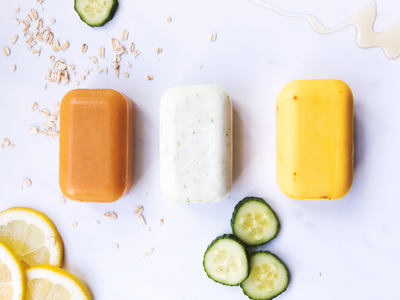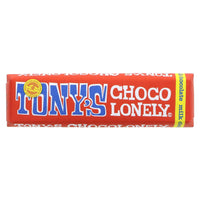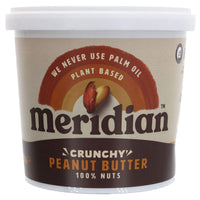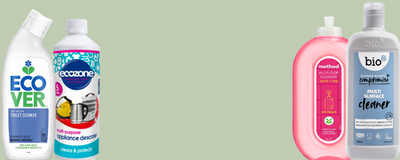
Organic Living: Ten Tips To Go Organic On A Budget!
Organic food and consumer products that have been produced in a cleaner, more environmentally friendly manner take a bad rap on a fairly regular basis for being more expensive. On this point alone, that reputation is typically pretty justified: Yes, these products can be and often are pricier than their conventional counterparts. But there are ways to offset the costs so that your overall expenses in going organic won’t be much more than what you’re paying now, and possibly even a little less. Here’s how:
1. Buy direct from the farm.
Farmers’ markets and Community Supported Agriculture (CSA) arrangements are typically less expensive than organic markets or the organic section of your local grocery store. You’re guaranteed the freshest flavours of the season, and as an added bonus, farmers have the best recipe tips!
2. Buy store brands.
Supermarkets and large discounters have realized good success in offering their own organic products. Private-label offerings are expanding, and they’re cheaper than name brands.
3. Clip coupons.
You might not see many coupons for organic products in the weekly food section of the newspaper, but you’ll definitely see them in other places. Look for them in health and fitness magazines and in lifestyle magazines.
4. Make your own.
Processed organic food products can be substantially more expensive than their conventional equivalents, and processed foods overall are always more expensive than the sum of their individual parts. Instead of buying granola cereal, make your own. Want to make sure your baby’s food is the freshest and healthiest it can be? When you make it yourself, you can ensure the quality of the ingredients and the processing. Cook at home using organic foods. You can turn almost any recipe into an organic recipe just by using organic ingredients.
5. Buy in bulk.
Buying in large quantities is always cheaper than buying smaller, prepared portions.
6. Learn your labels.
It’s easy to get a little confused over the terminology and lingo in the organic world, especially when you’re first starting out. When you’re watching your pennies, don’t buy something that’s labelled “natural” when you’re looking for “organic.”
7. Learn what to buy organic and what to not buy organic.
There are certain organic foods and food products that are worth spending the money on, and some that you can skip and save the money. Check out these top fruits and veggies to buy organic.
8. Grow your own.
Even the smallest balcony can usually support a pot or two. Fill those pots with a tomato plant and maybe a pepper plant and you’ve got the beginning of an organic garden. Herbs grow well indoors on a sunny windowsill.
9. Make your own cleaning products.
The ingredients that go into natural cleaning products — baking soda, vinegar, borax, washing soda — are as cheap as can be. The cost of making products from them is about one-tenth that of their commercial equivalents. Add up what you spend every month on cleaning products — you might be surprised at how much money you can save here.
10. Finally, don’t be a slave to the word “organic.”
Yes, a label that says something is organic can be a sign of the purity and goodness of that product. But there are plenty of good, wholesome choices to be made that don’t include the word. For example, if you’re taking your dog organic, buying him a tin of certified organic dog biscuits might seem the thing to do, especially since you can point to the organic label and know for sure the ingredients therein are indeed healthy. But maybe there’s a pet store in your town that sells homemade dog biscuits. And maybe the woman who bakes them uses ingredients from her own garden. And maybe she gardens organically. And maybe she doesn’t use any preservatives or fillers in her products. They’re probably pretty darn good dog cookies, fresh and natural, and most likely about half the cost of the certified organic ones.
Don’t be an organic snob. Don’t pass up good products and good food because they’re not labelled “certified organic.” As you progress further into the organic world, you’ll find out that very little of the products it contains are certified organic, and for some good reasons.



